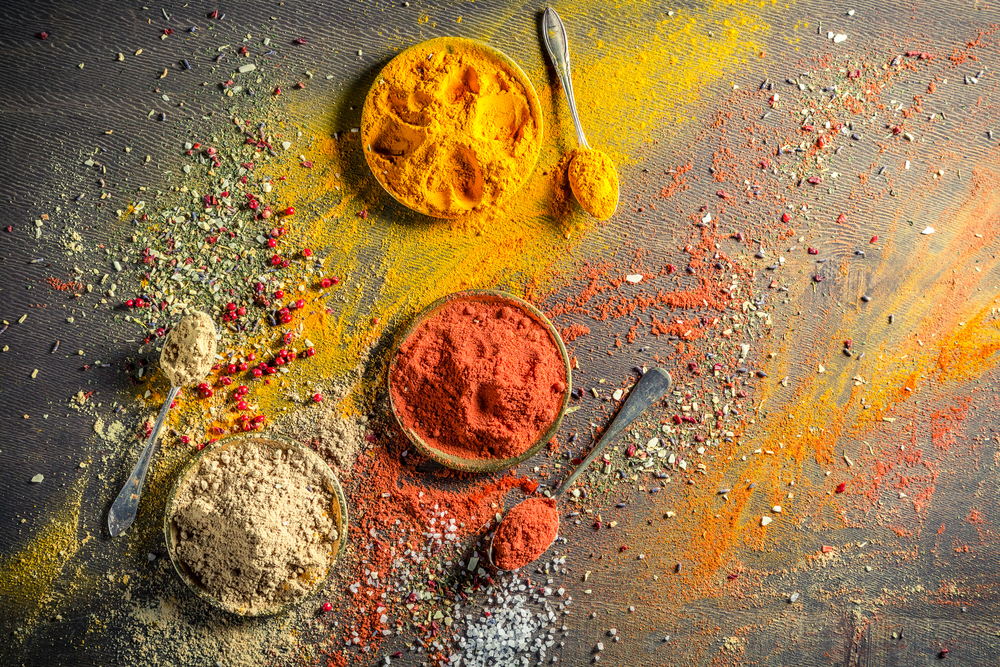
FLAVOR AND SEASONING

Flavoring involves adding something to food in order to modify the original flavour of the food. The most common flavoring agents we use in cooking are herbs and spices. Garlic, onion, ginger, sauces, acids, and alcohols can also act as flavoring agents. We can use flavorings to add contrast to the original taste or to create a unique flavor in which it’s difficult to identify what the separate flavorings are.
Flavoring can be used anytime during the cooking process. Some ingredients require heat to activate them. Some ingredients, however, can also be added at the end of the cooking process. Timing is also a very important factor here as some ingredients need time to release their flavors, and if some ingredients are cooked for too long, they can lose their flavor.
Seasoning is adding something to food in order to bring out or enhance its original flavor. In seasoning, there is no changing of the natural flavor. The most common seasonings we usually use in cooking are salt, pepper, and acidic substances like lime juice. When we add salt to a dish, we are not trying to change the original flavor, but only to bring out the flavor of the food.If a seasoning is used properly, it cannot be tasted in the food. They will only heighten the flavor of the food. However, if you use excess seasoning to change the original food, we can’t call it a seasoning anymore. For example, if you use excess pepper in a dish in order to make it hot and spicy, overpowering the original taste, then this is a flavoring. Generally, we add seasoning at the end of the cooking process.

